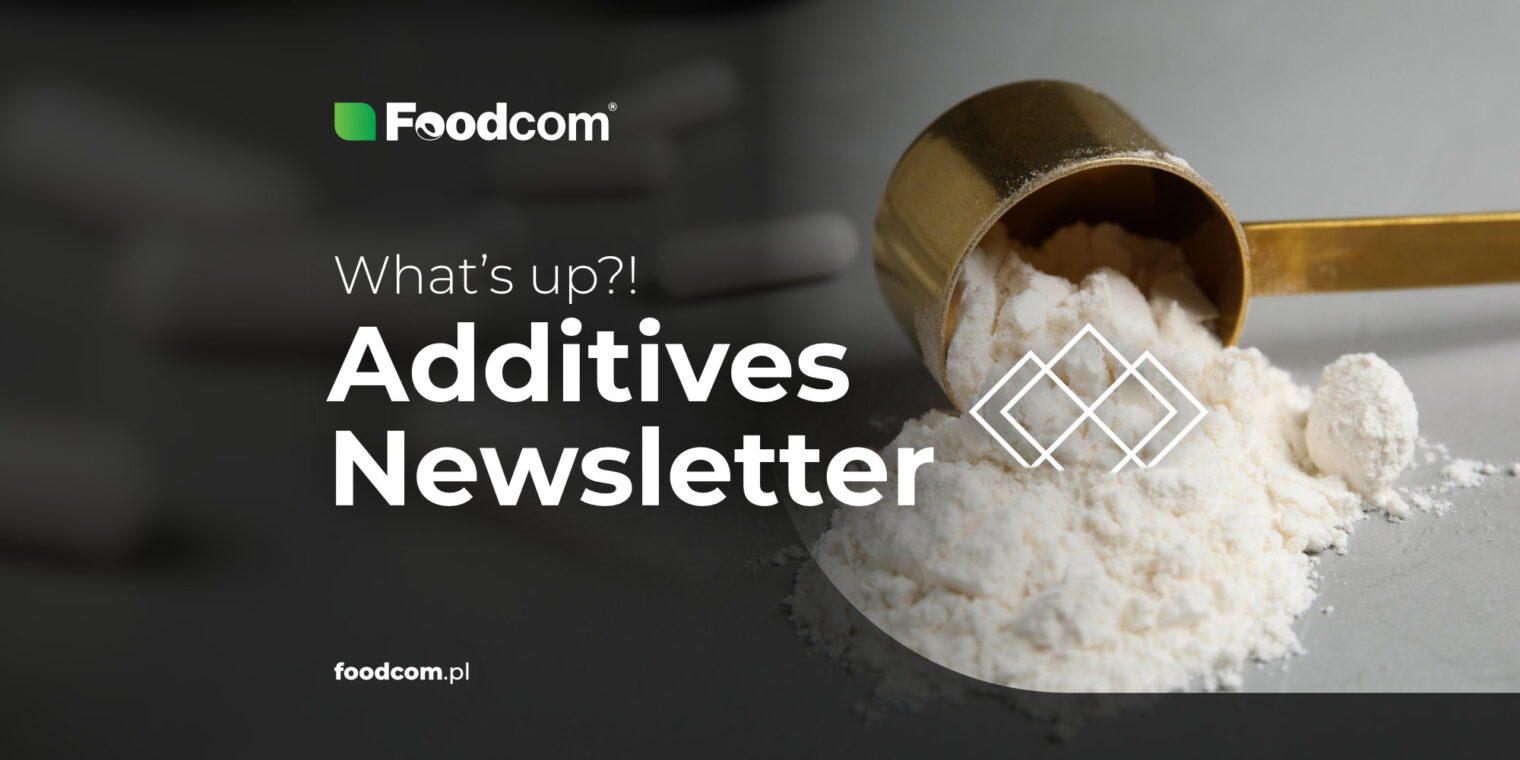Summary
Table of contents
Europe
French beet producers unhappy with the EU decision
Following the heavy losses suffered by French farmers from plant diseases in 2020, the government has decided to exempt the use of neonicotinoid chemicals, which are considered harmful to bees, from a blanket ban. The plan was to extend the exemption for another year, but the Court of Justice of the European Union has ruled that member states cannot grant such exemptions. Farmers are even more outraged that the decision was made just weeks before this year’s sowing season. Not very sweet news, right? Well, maybe a little for the bees…
The British government allows the use of a pesticide banned by the European Union
Yes, from the same group we wrote about above. The difference is that the British government has approved the use of thiamethoxam, a substance from the neonicotinoid group, for the third year in a row. One may wonder if this is the main reason why they have left the European Union…
Germany considers phasing out crop biofuels by 2030
The German government is seriously considering phasing out the use of biofuels made from food or feed crops by 2030. Instead, the use of biofuels from garbage, waste, and used cooking oil would increase. Proponents of this change argue that food is too valuable to use for fuel. It’s hard to disagree with that.
The Americas
Finally, some good news from the world of fertilizers!
The results of a Washington State University study indicate that sustainable methods of producing synthetic ammonia, which is then used to make fertilizer, can be cost-competitive with current fossil fuel-based methods. If these innovative methods become widespread, it will reduce carbon emissions and increase market stability in an industry that is critical to food production. Long story short, what we have here is innovation, environmental protection, optimization of fertilizer production and combating the food crisis. What more could you ask for?
BP Bunge will phase out the use of mineral fertilizers by 2025
The company recently announced that it will stop using mineral fertilizers on its sugarcane fields by 2025. They will be replaced with organic alternatives. The decision was motivated primarily by rising global prices for mineral fertilizers. From this perspective, it is hardly surprising.
Fufeng USA begins construction of an amino acid plant in North Dakota
The factory, construction of which has just begun, will eventually produce lysine and threonine, primarily for the North American market. When fully operational, the plant is expected to have more than 200 full-time employees. Will the new plant change the situation in the Lysine and Threonine market? Time will tell.
Asia & Oceania
India plans to buy 1.7 million tons of fertilizer from Morocco in 2023
Moroccan phosphate and fertilizer producer OCP said it plans to supply India with 1.7 million tons of phosphate fertilizer in 2023. According to recently signed contracts, Morocco’s OCP will supply India with 700,000 tons of nitrogen-free fertilizer known as triple superphosphate (TSP), in addition to 1 million tons of diammonium phosphate (DAP). That cannot be called retail, that’s for sure.
South Korean supplier Daesang discontinues production of Lysine HCl for Q1 2023
Production of Lysine HCl at Daesang’s Gunsan plant in South Korea has been temporarily halted and is expected to resume in the second quarter of this year. The reason for this decision is the current relatively low price of Lysine HCL and intense competition from Chinese suppliers. At the same time, production of liquid lysine at the plant continues without interruption.
Indian industry is turning to biomass
However, this decision does not come naturally – New Delhi has begun enforcing a ban on coal burning. The goal of the restrictions is to reduce air pollution, which the capital region struggles with every year. In addition, biomass is slightly cheaper than coal. The change already seems to have an effect, the air has become cleaner, but we still have to wait for exact calculations.
Categories:







